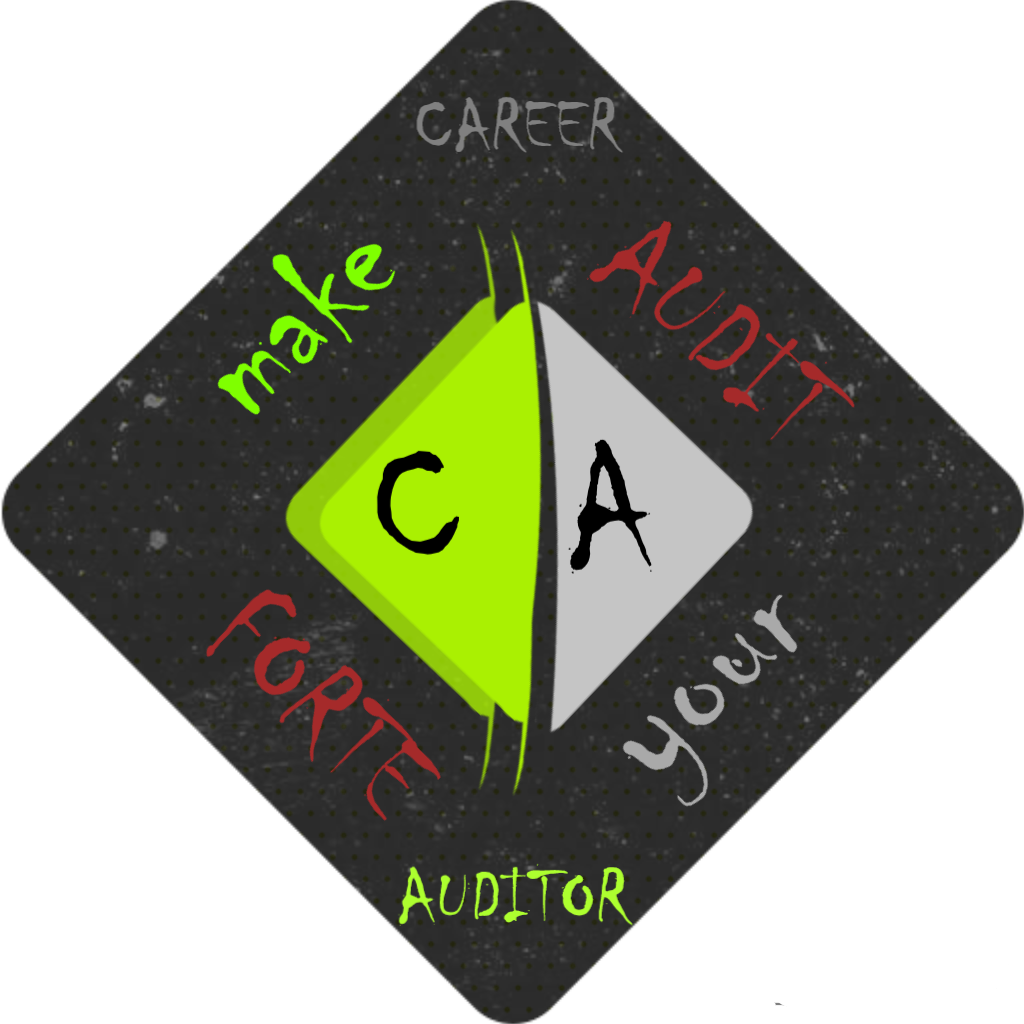Internal Audit from an external resource? A pretty old debate it sure is, but not quite settled.
Let’s add to it some thought provoking analysis. But first it would be worthwhile to climb down the steps of evolution to look at the origins of internal auditing. So, a bit of history to begin with.
Audits began as a formal requirement back in mid 1800s. These were put in place to protect shareholders, evidently being external audits. It was not until 1941, when the Institute of Internal Auditors came into existence, that the audits evolved to clearly distinguish between external and internal audits setting out clearly distinct scope of works.
Thus, the roots are certainly in external audits. Furthermore, over time the auditors’ objectivity and independence continued gaining emphasis and this also suggested to keep the auditing work reserved for someone outside the entity.
However, internal auditing from external resources was not primarily due to objectivity and independence issues, it was due to the want of resources and costs on employing these in-house. Another major factor was the external audit firms who had traditionally amassed expertise and skillset in external auditing and were quick to respond to the market demand for internal auditing services as well.
The external audit or their now evolved name; professional services firms also capitalized on the nascent thinking of internal auditing being predominantly an ancillary accounting service, hence making them well-suited to this offering.
Thus, there always remained a natural tendency in thinking outsourced services for internal auditing when starting afresh, investing in internal audit for the first time. The thought process would be like; why take additional risk of building an indigenous function, when already venturing in internal auditing for the first time?
There’s one more factor to consider here, the myopic skillset brought to the internal auditing by practitioners trained in external auditing or finance. They increasingly make internal audit a franchise of the finance function and hence entities consider it appropriate to outsource the provision of internal audit services.
Let’s now look at the pros and cons of both the models:
|
# |
Outsourced |
In-House |
|
1 |
Scalability of resources with fixed or variable professional services fee |
Fixed number of resources with fixed HR Costs |
|
2 |
Expertise available in different teams for specialized engagements at separate fee and scope of engagement |
Expertise for specialized engagements might be procured externally if not available in house thus making it a co-source model |
|
3 |
Engagement team comprising largely of same skillset; predominantly accounting |
In-house team can and is encouraged to have resources with diverse skillset suited to the entity’s business; can have engineers or doctors or any other professional on the team depending on nature of business |
|
4 |
Adherence with best professional practices from engagement planning to deliverables |
Best professional practices adherence possible with employment of qualified resources |
|
5 |
Benefits to be derived from standardized / benchmarking approach due to industry knowledge |
Standardization might not be possible, however awareness of Company’s operating environment and adaptability to its peculiar needs is possible, something which standardization cannot offer |
|
6 |
Competitive advantage is lost if the outsourced services firm has other clients within the same business sector / industry |
Company’s competitive advantage within the industry remains intact |
|
7 |
In-Depth knowledge of Company’s business takes time to be developed |
In-depth knowledge is available as the IA function is in-house and is aware of the peculiar issues the Company faces in finding solutions to close the causation of findings |
|
8 |
Standard approach towards Risk Management |
Company specific / geared approach towards Risk Management |
|
9 |
Professional Independence as team is not in house however management influence might still be possible, owing to commercial considerations |
In-House team might develop affiliations with Company’s teams, management influence seems likely, although professional independence and objectivity are personal professional traits of the team members hired and can be ensured through good resources |
|
10 |
Fee to be charged for all additional related consulting works |
In house function makes it possible to work on additional engagements at no extra fee on all emerging needs of business, if expertise is available or could be developed |
|
11 |
Will work under the Board Approved Internal Audit Charter, though Charter might also be developed externally |
Internal Audit Charter developed in-House and specific to entity’s needs |
|
12 |
Integrated Auditing approach (aligned with Company’s other assurance and consulting needs like ISO standards, if subscribed by the entity) is not possible unless the function reports to an internal resource |
Fully integrated auditing approach as function is in house. |
|
13 |
Retaining good resource is firm’s problem and the entity can easily switch if dissatisfied with quality of services |
Retaining good resource will be entity’s problem and might have to invest significantly in recruitment and training to develop quality resource |
The comparison above clearly demonstrates the benefits an in-house Internal Audit Services model has over an outsourced model.
However, unless the entities or more appropriately the clients understanding of what internal audit is and what it offers, evolves and unless they dissociate from hiring resources hardwired in finance, outsourced model will remain an attractive proposition.
What else? Having one of the Big 4 as your internal audit services provider, gives you that oomph too!
